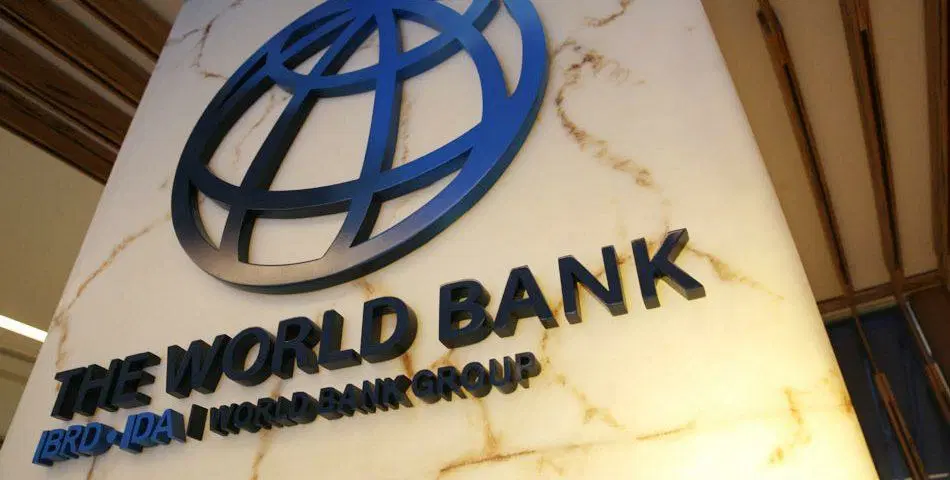The World Bank has given an assessment of Nigeria’s capacity to build the infrastructure the country is currently seeking funding to achieve pointing out that it will take nearly 300 years to complete the entire package.
The assessment which was recently made public that Nigeria’s current infrastructure level is low, and it would take quite a lot to get it to where it needs to be. It also explained that there is a huge discrepancy between the country’s level of borrowing and its infrastructure.
The Nigerian government has in the past justified its borrowing expenditure by asserting that the funds would be used to build state-of-the-art infrastructures.
Africa Today News, New York recalls that last month, the president of the country, Muhammadu Buhari , explained his rationale behind the Nigerian government’s borrowing, stating that it is imperative that infrastructures are built to create more opportunities to grow the Nigerian economy, and for this to happen the government needs external aid.
Read Also: Rate Hikes May Cause Recession, World Bank Warns Nigeria
‘We have also continued to accelerate our infrastructure development through serviceable and transparent borrowing, improved capital inflow and increased revenue generation by expanding the tax bases and prudent management of investment proceeds in the Sovereign Wealth Fund.’ The president said.
However, the World Bank has disclosed that Nigeria’s physical infrastructure gap would likely reach $3tn in the next 30 years, and at this rate, it would take the country 300 years to close the infrastructure gap, which would cost the country 4% of its yearly GDP.
The Bank’s public finance review report on Nigeria reads in part; ‘the level and quality of Nigeria’s infrastructure quality is low, with the country ranked 132 out of 137 countries for infrastructure in the 2018 Global Competitive Index. Nigeria’s physical infrastructure gap is estimated to reach $3tn over the next 30 years.’
The report also discloses that Nigeria’s development outcomes were among the lowest globally.
Nigeria’s debt burden currently stands at about N66.61tn, including N23.77tn from the CBN and N42.84tn from domestic and foreign creditors.
